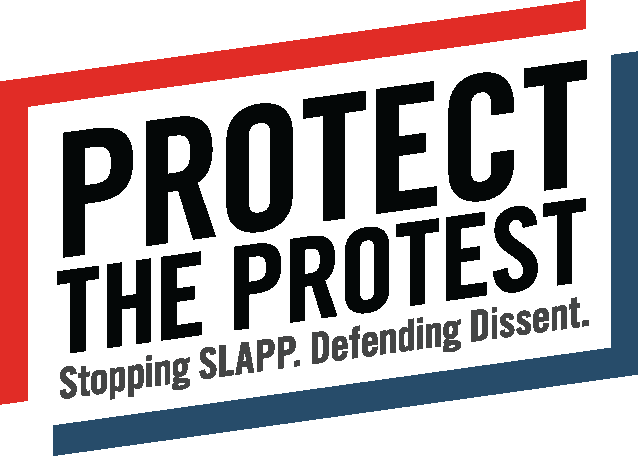Critical Free Speech Protections Are Under Attack in Texas
- A Dallas area couple who were sued by a pet-sitting company when they left a negative Yelp review
- Individuals who complained about using a “fascia blaster” treatment on Facebook, which prompted the company selling the product to sue
- Anonymous speakers who posted comments on a nonprofit’s website avoided being unmasked by a group of lawyers seeking to find out their identities
- An online critic of a multi-level marketing company was sued after publishing blog posts that were critical of the company
If H.B. 2730 passes, the protections enjoyed by the speakers described above and others will be severely threatened. The bill eviscerates several key protections of the TCPA.First, the bill narrows the scope of activity protected by the law in a way that will allow those bringing lawsuits against speakers to make an end-run around the TCPA’s protections. In short, H.B. 2730 will allow plaintiffs to argue that the because they are alleging the speech was defamatory, the TCPA simply does not apply.The bill also removes key definitions that explain what type of activity is protected by the TCPA, creating uncertainty for speakers as to whether the law would protect them, which will chill speech.Additionally, the bill exempts lawsuits that are based on alleged breach of non-disparagement clauses. These types of contracts are notoriously speech restrictive and have been used by websites and other online services to limit users or customers’ ability to criticize products or services. Worse, these terms are often buried deep in form contracts.H.B. 2730 would also exempt the TCPA from applying to a procedure under Texas law that allows parties to attempt to unmask anonymous online speakers without first filing a lawsuit. EFF has been particularly concerned about the use of this pre-litigation discovery process to target anonymous speakers because it can be abused to harass speakers rather than vindicate legitimate legal claims.We filed a brief last year in support of anonymous speakers who posted on the employer review site Glassdoor after a business attempted to use Texas’ pre-lawsuit discovery process to learn their identities. Although the Texas Supreme Court declined to rule that the TCPA applied to the pre-suit discovery process, its ruling had the practical effect of protecting anonymous speakers.If H.B. 2730 passes, litigants will likely increase their use of Texas’ pre-lawsuit discovery process to attempt to unmask anonymous speakers. That result may well succeed in scaring off online critics, and chilling speech.The TCPA needs to be defended. It’s a law that’s protected the free speech of more than 28 million Texans, and is a national model for other states.If you live in Texas, tell your representatives to oppose H.B. 2730. The Texas Protect Free Speech Coalition is organizing opposition to the bill, and the group’s website has sample letters and information to help you make your voice heard.Regardless of where you live, join us in advocating for new federal anti-SLAPP protections that will protect those sued in federal court. EFF has supported such measures in the past and will be pushing for them again this year. Last year, we also launched an anti-SLAPP coalition of non-profit groups, to make sure that dissenting voices aren’t drowned out when they’re hit with a SLAPP. Rolling back laws that protect speakers from harassment isn’t the way to go—in Texas, or anywhere else.
